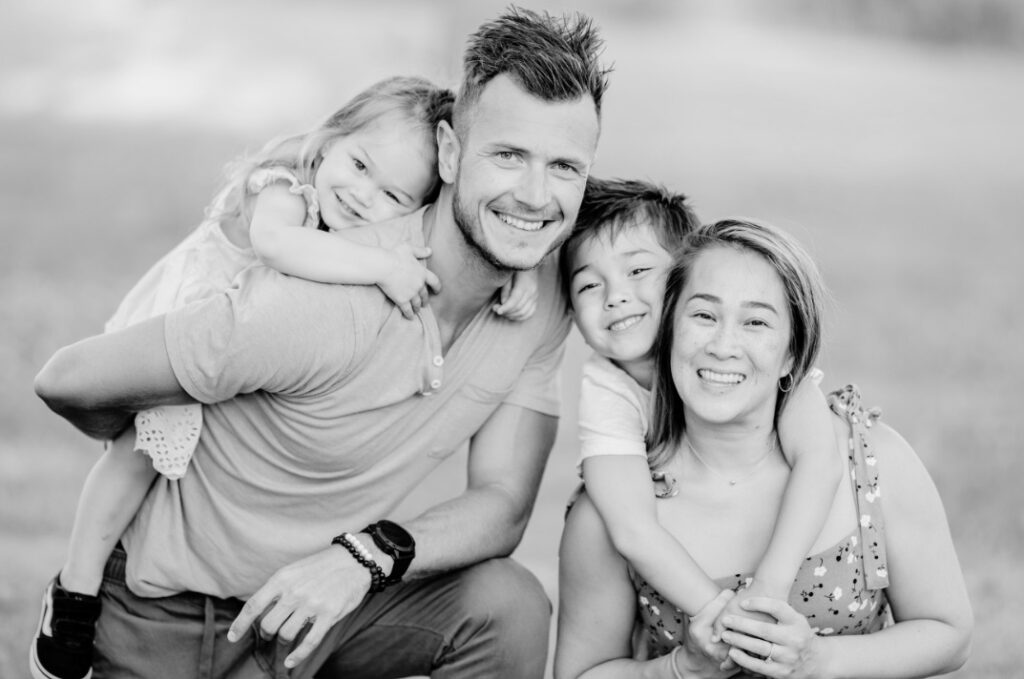
One of the biggest misconceptions about creating an estate plan is that it is only for the wealthy, or that you should wait until you’re older to begin the process. Everyone, regardless of financial status or age, can benefit from having an estate plan if you have assets and someone to leave them to.
Your estate encompasses everything you own, including your home or other property, car, bank accounts, investments, life insurance, furniture, and personal possessions. An estate plan empowers you to decide what happens to your assets after your lifetime. Here are the top five reasons why everyone should create an estate plan.
Avoid Probate Court
When you pass away without having an estate plan, your beneficiaries will likely have to go to court to transfer your assets to their name. The two main reasons to avoid probate is that the process is time-consuming and expensive. The proceedings and hearings can take months or even years, and in the meantime your heirs won’t be able to touch their inheritance. The probate process can take even longer if the will or any provisions in it are contested. The court also takes a portion of the value of your estate to cover probate fees and the additional costs of an attorney can cut into your heir’s inheritance.
Avoid Family Conflict
The death of a loved one is an extremely emotional and overwhelming time. The last thing you want is to create chaos for your family members after you pass. Without clear instructions as to what should happen to your assets, your family members may fight over possessions or who should be the representative of your estate. It may even destroy relationships. Creating an estate plan allows your family to move on in peace.
Protect Your Assets
An estate plan protects your assets by ensuring that they go to the intended beneficiaries and guarding your wealth from taxation, seizure, or other losses. This is the best way to keep your home or property within the family, for example, without intervention from the court.
Protect Your Children
It is important to appoint a legal guardian for your children in the event of your death. Without an estate plan, the court will appoint a guardian–and it could be someone you wouldn’t trust to take care of your children. If a minor child has no surviving family members, they could become a ward of the state and enter the foster care system.
More Than A Will
While an estate plan is similar to a will in that both provide instructions for how your assets should be handled after your death, estate planning is more detailed. It can also include powers of attorney, which appoints someone to make medical and financial decisions on your behalf if you are incapcitated. Additionally, medical directives will outline the kinds of medical treatment you want. An estate plan also allows you to create multiple trusts to distribute your assets.
Personalized Estate Planning With DaMore Law
Everyone can benefit from having a plan in place to ensure their assets are preserved and protected after their death. At DaMore Law, we always give exceptional service and guidance with estate planning to create a personalized plan that works best for you. Schedule a free consultation, and rest easy knowing you and your estate are in good hands.

